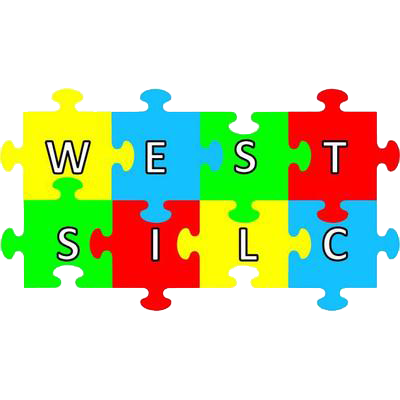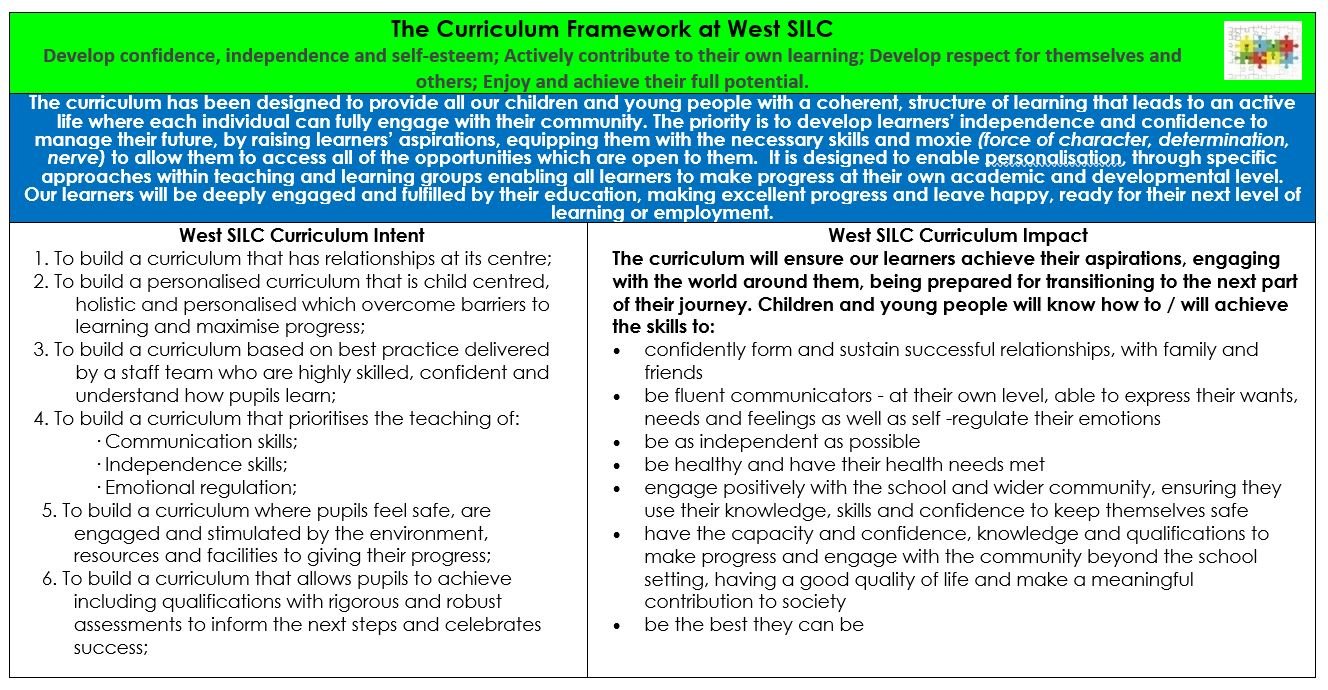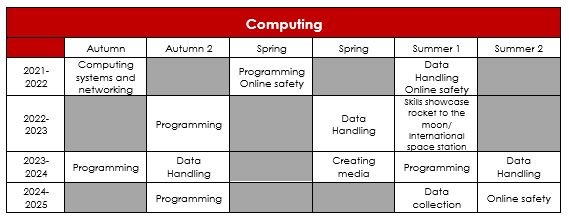
HOW IS computing DELIVERED ACROSS OUR PATHWAYS?
Informal Curriculum - CCA
Computing is embedded throughout the curriculum to enhance the opportunities given to pupils and to meet their needs at their own developmental level.
Where appropriate, technology is used to support the development of key skills such as communication, interaction, maths/English and phonics using a variety of devices. Computing is generally a strong motivator for our pupils and needs to be carefully considered when its use is appropriate to enhance development and when it may over shadow the purpose of the task.
Semi-Formal Curriculum
The semi-formal computing curriculum is easy to follow and will equip pupils with the skills and knowledge they need to use technology safely and creatively. Computing is about solving problems, being able to collaborate with others and learn from our mistakes. Our aim is for pupils to become lifelong learners equipped to meet developing technologies with confidence and enthusiasm. We want pupils to become independent and to have fun with technology in an ever-changing digital world whilst ensuring they understand how to keep themselves safe online.
ICT is a massive part of our pupils’ lives through supporting their independence in reading, writing, communication and enjoyment!
Pupils from the semi-formal curriculum access the multi-interactive sensory room and also specialist equipment in the swimming pool. There are lots of portable pieces of equipment which can be used in different classes. We have a large number of iPads and laptops. We use a number of educational programmes, including Mathseeds, Reading Eggs, Lexia and Education City.
Formal Curriculum - Priesthorpe
At key stage 3, students have one lesson of Computing (ICT) per fortnight. This increases to two lessons per fortnight at key stage 4. For Partnership students, there is an emphasis on digital literacy and E-safety. As well as developing functional skills around the use of the internet, Microsoft Office and Google Classroom, students also have the opportunity to learn coding and programming. There is an option to study GCSE Computer Science at key stage 4
Post 16 Digital SKills
Developing the skills necessary to engage with the modern is imperative to leading a happy, independent and safe life. Our Digital Skills curriculum is embedded across our Numeracy, Literacy, PSHE, Enterprise and Community sessions. For some of our young people this may be developing dexterity, familiarity and fluency to use and engage with technology, some pupils work towards creating, editing and manipulating the use of data and images through a wide variety of software packages.
Through our enterprise businesses pupils are able to develop Digital Skills further through opportunities such as 'Powe’ Print' our Graphic design business and West SILC Radio, where pupils contribute to the creation and recording of radio programmes.
Pupils work towards Functional Skills accreditation Entry Level 1 – 3 in ICT and when ready a Digital Skills Qualification, ensuring they are able to demonstrate the key skills to use Digital Technology safely.
Learning about E-Safety, social media, email, bank accounts, credit and debit cards as well as using Wi-Fi, navigation software and how to engage with real world technology such as Laptops, Computers, iPads and mobile phones gives our pupils the skills they need to engage safely with the world around them.
Formal Curriculum - AIP
At KS3 digital skills is taught to encourage students to use a range of technologies to enhance their progression across the curriculum. It is a mixture of computing skills with elements of media. In the subject students have access to VR headsets, laptops, tablets and a smart board to aid their work. They are encouraged to be creative through projects such as designing their own music band and making a top 10 video. They are taught the importance of computers through using basic ICT programmes such as Publisher and Microsoft Word. The purpose is to prepare leaners for a successful future post West 11.
At KS4 Functional Skills ICT is taught once a week, this NCFE qualification is designed in response to employers’ perceptions that many learners are not achieving a firm enough grounding in the basic ICT skills. It provides students the opportunity to study for functional skills in ICT, a qualification specifically designed to equip learners with the skills needed to operation confidently, effectively and independently ICT in life, learning and work.
The topics covered ensure that learners develop the basic understanding and skills in: using ICT, health and safety when interacting with ICT for a given purpose, finding and selecting information using appropriate software to develop, present and communicate information effectively.
Assessed internally or externally dependent on the level agreed, learners are required to complete a number of ICT tasks relating to a single scenario.





